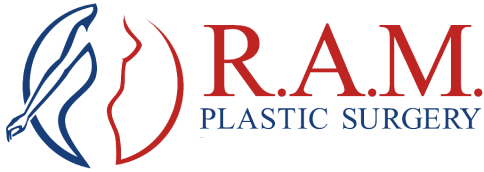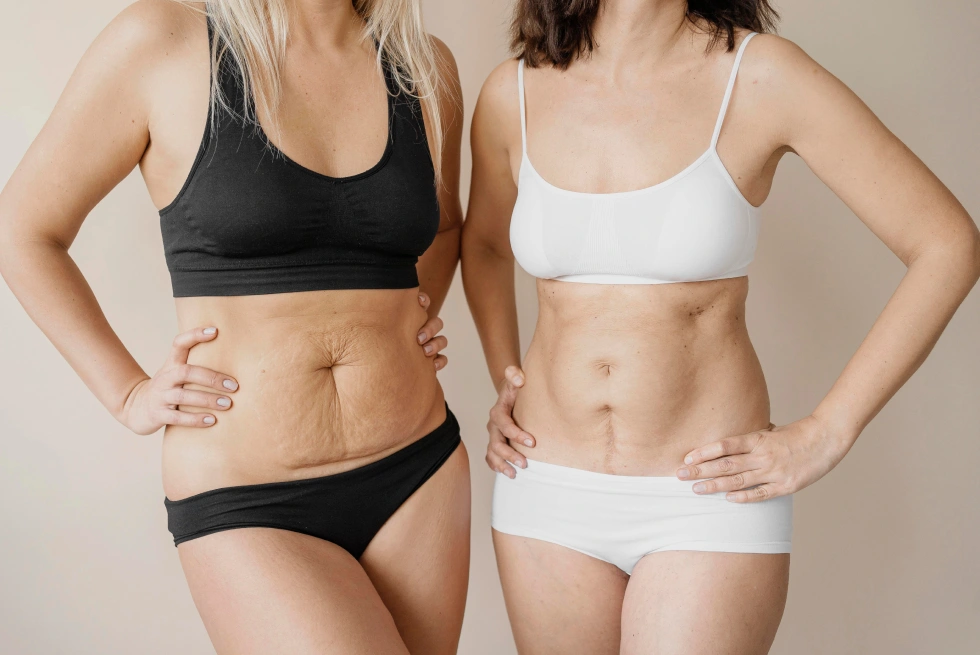Recovery after plastic surgery is often seen as simply “rest and wait,” but what you eat during this time plays a powerful, often underestimated role in shaping your results. Beyond just calories, specific foods actively influence inflammation, tissue repair, and even emotional resilience. Understanding how targeted nutrition supports your body’s natural healing processes can transform recovery from a passive phase into a proactive step toward lasting, beautiful outcomes.
Protein First: The Foundation of Tissue Repair
Protein is more than just a muscle-builder—it’s the cornerstone of your body’s ability to heal after surgery. When you undergo plastic surgery, your tissues need amino acids from protein to rebuild collagen, the essential framework for skin and connective tissue. What many don’t realize is that not all protein sources are created equal in the recovery phase. For example, easily digestible proteins like eggs, fish, and plant-based options such as lentils provide your body with quick access to the nutrients it needs without causing digestive strain, which is common after surgery. Additionally, timing matters: spreading protein intake evenly throughout the day supports a steady supply of building blocks, avoiding peaks and valleys in your body’s repair process. This steady fueling approach can reduce fatigue and promote faster tissue regeneration, setting a strong foundation for your overall recovery.
Anti-Inflammatory Foods That Act Like Natural Medicine
Inflammation is a natural healing response, but excessive or prolonged inflammation can delay recovery and increase discomfort. Certain foods actively reduce inflammation by interacting with the immune system, beyond simply avoiding harmful ingredients.
- Turmeric contains curcumin, which blocks molecules that cause swelling and redness—use it as a spice or in golden milk.
- Berries (blueberries, raspberries) are rich in antioxidants called flavonoids that protect cells from oxidative stress, a hidden cause of inflammation.
- Omega-3 fatty acids, found in fatty fish like salmon and walnuts, promote anti-inflammatory hormone production to calm irritated tissues.
Regularly including these foods can turn your diet into a natural healing tool, supporting faster, less painful recovery.
Hydration Strategy: Small Sips, Big Impact
Hydration isn’t just about drinking enough—it’s about how and when you drink. After plastic surgery, your body is working hard to flush out anesthesia, reduce swelling, and repair tissue. Gulping large amounts of water at once can actually overwhelm your system and lead to bloating. Instead, sipping small amounts consistently throughout the day supports steady fluid balance and kidney function. Add a pinch of sea salt or a splash of coconut water for natural electrolytes, which help your body retain and use water more effectively. Another overlooked trick: room temperature water is easier on your body than ice-cold drinks, which can slow digestion. This gentle, intentional hydration rhythm helps reduce swelling and fatigue while supporting overall recovery from the inside out.
Vitamins and Minerals for Healing from the Inside Out
Vitamins and minerals are more than just supplements—they’re essential building blocks for tissue repair and immune function. But it’s not just about taking a multivitamin. Your body absorbs nutrients best through whole foods. Vitamin C, found in bell peppers and citrus, helps produce collagen, which strengthens skin and surgical incisions. Zinc, found in pumpkin seeds and lentils, plays a quiet but powerful role in reducing inflammation and speeding wound healing. Vitamin A supports new cell growth, especially in skin and mucous membranes, and is abundant in sweet potatoes and leafy greens. Many experts overlook selenium, a mineral in Brazil nuts that supports antioxidant activity and tissue recovery. These nutrients work best together, creating a healing synergy your body understands far better than isolated pills.
What to Avoid: Sneaky Foods That Stall Your Recovery
Not all “healthy” foods are helpful during recovery. Some everyday items can quietly delay healing, increase swelling, or trigger inflammation—without you realizing it. Here are some to avoid:
- High-sodium packaged foods – Even “low-fat” soups, sauces, or frozen meals can contain hidden salt that causes water retention and worsens swelling.
- Protein bars and shakes with additives – Many have artificial sweeteners, gums, and preservatives that irritate the gut and disrupt digestion.
- Raw cruciferous vegetables – Kale, broccoli, and cauliflower are healthy but can cause gas and bloating when eaten raw—opt for lightly steamed versions.
- Red meat – Harder to digest, red meat can slow your system down and increase inflammation post-surgery. Choose lean poultry or plant-based proteins instead.
- Fruit juices – These seem healthy but spike blood sugar quickly and lack fiber. Stick to whole fruits for stable energy and better digestion.
- Carbonated drinks – Fizzy beverages can cause bloating and abdominal pressure, especially uncomfortable after body procedures.
- Processed condiments – Ketchup, salad dressings, and marinades often sneak in sugar, sodium, and additives that interfere with your body’s healing rhythm.
During recovery, reading labels and choosing whole, gentle foods can make a noticeable difference.
High-Fiber Foods: Avoiding One of Recovery’s Most Common Issues
Constipation is one of the most common—and least talked about—issues after plastic surgery. Anesthesia, pain medications, and reduced movement all slow digestion. But simply adding fiber isn’t enough. Focus on natural, water-rich fiber found in cooked vegetables like carrots, zucchini, and squash. These are easier to digest than raw options. Soaked chia seeds, ground flax, and prunes can gently stimulate movement without cramping. Pair fiber with hydration; dry fiber without enough fluids can actually make constipation worse. Also consider fermented options like sauerkraut or kefir—they support gut bacteria that help regulate digestion. Start small and increase gradually to avoid gas and bloating. Supporting your gut early in recovery not only helps you feel better—it reduces pressure around healing incisions and supports nutrient absorption.
Conclusion
What you eat after plastic surgery plays a quiet but powerful role in how well—and how quickly—you heal. The right foods do more than just nourish; they help reduce swelling, support tissue repair, and keep your digestion smooth during a time when your body is under stress. Recovery isn’t just about resting—it’s also about giving your system exactly what it needs to do its job efficiently. By making thoughtful food choices, you can actively support your body’s natural healing intelligence.
If you have questions about what to eat before or after surgery, we’re here to help. Visit us at RAM Plastic Surgery or call us at 312-337-3010 to schedule an appointment.







